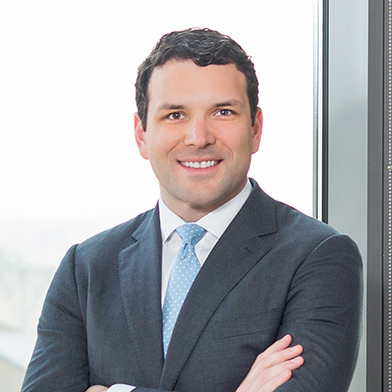By Joel Glover
In the last few weeks, reporters have found themselves on the business end of the news cycle in unusual ways. CNN’s Jim Acosta famously lost his White House credentials after they were suspended following a press briefing, and Sean Hannity and Jeannine Pirro from Fox News were spontaneously thrust in front of the klieg lights at a campaign rally held by President Trump just before the election.
Since then, CNN recovered Acosta’s press credentials (on due process grounds) and Hannity and Pirro have covered the President from off of his stage.
The public defense or critique of these personalities for what placed them into the headlines in the first place shows just how insatiable America’s desire for information has become. It seems that our desire for access to the story being covered is now, perhaps, rivaled by a desire for access to those providing it.
To consumers of news, this seems like a disruption to the news cycle. Stories about reporters are seen as noise, not substance, and the resulting frustrations are tough to shake. But other current events remind us that free reporting, much less information about those providing it, should not be taken for granted.
Everyone knows the horrific story of Jamal Khashoggi’s murder in Turkey because of, what is reported to be, his critical viewpoint about the Saudi Arabian government. It is a dramatic example of the threats to free speech beyond our borders. Elsewhere, the Malaysian government recently proposed legislation requiring 10-year prison sentences for publishers of fake news, seen by many as an attempt to quiet dissenting voices. And even the privacy laws of our European allies, weighing free speech against privacy, regularly operate to silence coverage for those who can afford the cost of litigation. So we could have it worse.
In fairness, America still has its challenges. The media’s domestic physical security can no longer be an afterthought. Members of the media large and small have been forced to assess the security of their hardstand newsrooms in addition to their reporters in the field. Threats to field reporters have intensified from hate rallies to campaign rallies. In addition, since the mid-2000s, the number of reporters and sources subject to subpoena from the federal government has increased at an alarming and unprecedented rate.
Our freedom of information laws leave much to be desired. President Johnson famously ordered that there should be “no ceremony” when he grudgingly signed the Freedom of Information Act at his Texas ranch on July 4, 1966. In the years since, the exceptions to disclosure appear to be swallowing the rule. Meanwhile, in Texas, as Paul Watler wrote in October, the Texas Public Information Act seems to have lost sight of the act’s purpose, thanks to a misplaced focus over the years on procedure over disclosure—true form over substance.
But as imperfect as our free speech rights are, they still exist. There is no comparison between the press freedoms we enjoy and the struggles that members of the global press experience daily.
We are fortunate beyond measure to hear the noise. Our ability to have a discussion about access, even if that discussion is about access to access and about the independence of the press, remains a rare right. In this season of gratitude, we can be frustrated about the news cycle but grateful for its existence.
If that means occasionally making the coverage the story, then so be it.
 Meet Joel
Meet Joel
Joel R. Glover is an attorney in the Houston office who advocates for clients across the country. Joel’s experience includes representing clients in high-stakes commercial litigation, copyright infringement litigation, individual and corporate fiduciary litigation, and media litigation. Joel was recognized in Thomson Reuters’ 2018 “Rising Stars” list.
The opinions expressed are those of the author and do not necessarily reflect the views of the firm, its clients, or any of its or their respective affiliates. This article is for informational purposes only and does not constitute legal advice

